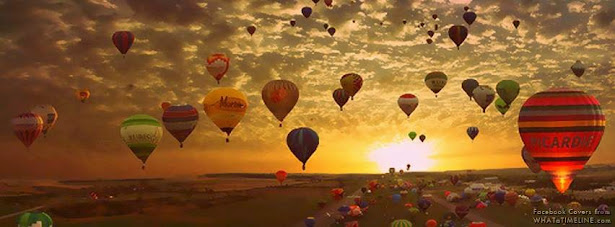The literature is very important both in personal and professional aspects. Studying literature can be an enriching and revealing experience. The literature itself has a special beauty, which is enriched in large part by the language and the resources which are used to trigger those feelings in the viewer you goose bumps. Besides, literature is a form of expression that is a fundamental part all human beings, so it becomes part of our culture, this being an essential element in the development of the whole person and of course a professional. Moreover, the module of literature is important because enhance the language and the vocabulary; vocabulary not only in professional aspects, but also in personal aspects, as I told before. With these tools it is possible to express a rich way in the aspect of using the words without being repetitive or limited, this because lexicon is increasing in a significant way.
Thanks to this module literature I feel more prepared to face the globalized world and often requires knowledge beyond banal things; this also gives me an overview addressing many aspects, for example, historical context of many important events in history that have some influence about what might happen today. Now I am able to concern of many things, including how the world was before, how people live in other parts of the world through literature
The literature is very important because it helps to any person to escape the real world and at the same time reflect about his/her experiences, situations and ways of thinking.
I think that even though I was not present 100% of the classes, I always tried to be a participant student, and I tried to share my ideas and opinions with my classmates and teacher, in order to learn in a better way. I realized that this module requires much more dedication, so the autonomous work required too much. Taking into account the above, I made me a bit complicated spend all the time that it required because I often preferred to work on other things like thesis, rather than literature.
Despite the fact that I did not dedicated the appropriate time to work on literature, I have been improving my four skills, reading, writing, listening and speaking. Through the module I have had to read many books, texts and different documents related to American literature, to present different topics in front of my peers, to receive input from the teacher and my classmates, and I have had to write essays about various topics related to literature and its different periods.
I believe that it was a useful module for me as a pre-service teacher. Although, I think this might be more fruitful and this could have a better development if the module was taught in the fourth year of the program because in this semester we do not have enough time to devote to literature, and despite the importance it has, it is difficult to acquire knowledge in these conditions.
In my opinion, the teacher’s performance was appropriate to this module, and it was according to module requests. He was always alert to the students’s concerns, so from my point of view he was always looking to satisfy their professional needs.
Finally, I believe that the methodologies which were incorporated to this module were the correct. The main problem, in my opinion, were the tasks and assignment given by the teacher to us, because as I said before we did not have enough time and sometimes I prefer to develop the assignment but I did not receive an appropriate feedback so it was difficult for me to know if I was in a correct way or if I was wrong. Probably a feedback could encourage our learning and it could generate a better students’ performance in next classes.

.jpg)

.jpg)
.jpg)

